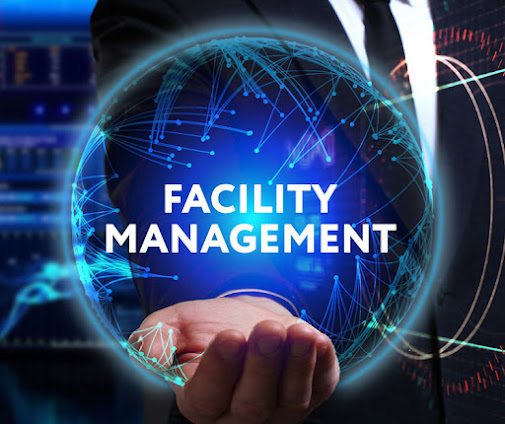In the ever-evolving landscape of facility management services, the focus on sustainability and energy efficiency has become paramount. Among the various components influencing a facility's overall efficiency, the role of HVAC (Heating, Ventilation, and Air Conditioning) systems stands out as a crucial element. In this article, we will explore how energy-efficient HVAC systems have become indispensable in modern facility management services.
The Significance of Energy Efficiency in HVAC Systems:
Energy-efficient HVAC systems play a pivotal role in reducing the carbon footprint of commercial buildings while simultaneously addressing the operational costs associated with climate control. These systems go beyond merely providing thermal comfort; they are designed to optimize energy usage, promote environmental sustainability, and align with the broader goals of facility management.
Advanced Technologies Driving Efficiency:
Energy-efficient HVAC systems leverage cutting-edge technologies to enhance their performance. Variable refrigerant flow (VRF) systems, for instance, dynamically adjust the refrigerant flow to match the building's specific cooling and heating needs. This ensures that energy is not wasted on unnecessary operations, promoting a more sustainable use of resources.
Additionally, the integration of smart sensors and IoT (Internet of Things) devices allows facility managers to monitor and control HVAC systems in real-time. This level of control enables adjustments based on occupancy patterns, weather conditions, and other variables, optimizing energy consumption without compromising occupant comfort.
Strategic System Design and Zoning:
Facility management services now emphasize strategic system design and zoning to enhance energy efficiency. Zoning involves dividing a building into different areas with independent temperature controls, allowing for targeted climate control based on occupancy and usage patterns. This not only optimizes comfort but also prevents unnecessary cooling or heating of unoccupied spaces, reducing overall energy consumption.
Furthermore, the design of HVAC systems is tailored to the specific needs of the building. This may involve selecting equipment with high SEER (Seasonal Energy Efficiency Ratio) ratings, incorporating energy recovery ventilation systems, and implementing other energy-saving features that align with the facility's usage profile.
Routine Maintenance and Performance Optimization:
Regular maintenance is key to ensuring the continued energy efficiency of HVAC systems. Facility management services implement routine inspections, cleaning, and performance optimization measures to identify and address potential issues before they escalate. Clean filters, well-lubricated components, and calibrated settings contribute to the overall efficiency of the HVAC system, reducing the need for excess energy consumption.
Financial Benefits of Energy Efficiency:
Energy-efficient HVAC systems offer substantial financial benefits to businesses and facility owners. While the initial investment may be higher, the long-term operational cost savings are significant. Lower energy bills, reduced maintenance costs due to fewer breakdowns, and extended equipment lifespan contribute to a positive return on investment, making energy-efficient HVAC systems financially attractive for facility management.
Conclusion:
As facility management services continue to evolve, the emphasis on energy-efficient HVAC systems becomes increasingly pronounced. The integration of advanced technologies, strategic system design, routine maintenance, and the financial benefits associated with energy efficiency all contribute to the pivotal role of HVAC systems in modern facility management.
In conclusion, investing in energy-efficient HVAC systems is not just a choice for environmentally conscious facility managers; it is a strategic imperative. It aligns with global sustainability goals, enhances operational efficiency, and ultimately contributes to creating healthier, more comfortable, and cost-effective commercial spaces. As the demand for energy-efficient solutions continues to grow, facility management services that prioritize the optimization of HVAC systems are poised to lead the way towards a more sustainable and efficient future.

Comments
Post a Comment